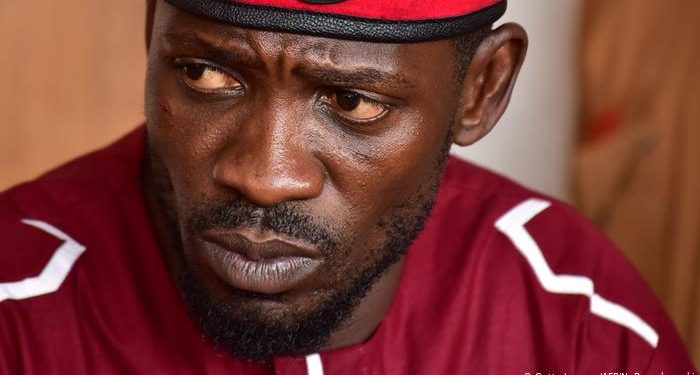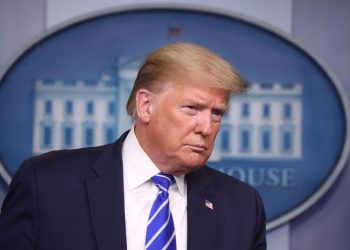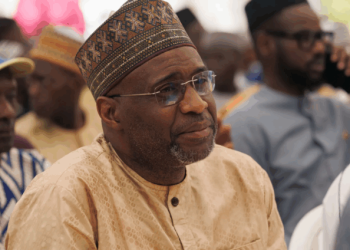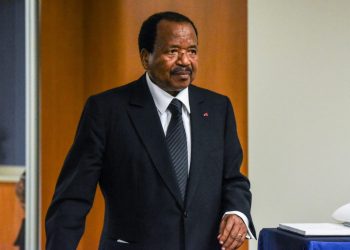Ugandan opposition leader Bobi Wine on Friday claimed victory in presidential elections, rejecting as a “joke” early results that gave incumbent President Yoweri Museveni a wide lead.
The electoral commission said on Friday that with 6.8 million ballots counted, or 37 percent of registered voters, Museveni had won 4.05 million, or 62.2 percent, while main opposition candidate Wine had 1.99 million votes (30.6 percent), the electoral commission said just after 9 pm (1800 GMT).
The next batch of results was due to be released at 9 pm when a nationwide curfew in place since March due to the COVID-19 pandemic kicks in.
Bobi Wine, the 38-year-old former musician-turned politician has emerged as the main challenger to 76-year-old Museveni, who has been in power since 1986.
“We secured a comfortable victory,” Bobi Wine told reporters in Kampala, the capital. “I am very confident that we defeated the dictator by far,” Bobi Wine, whose real name is Robert Kyagulanyi Ssentamu, said.
“The people of Uganda voted massively for change of leadership from a dictatorship to a democratic government. But Mr. Museveni is trying to paint a picture that he is in the lead. What a joke!” he added.
Election marred by ‘fraud and violence’
The opposition leader, who has been arrested multiple times during the campaigning, earlier said the presidential election was marred by ‘fraud and violence’ without providing any evidence.
Bobi Wine said he would detail election irregularities by the ruling party once the internet was restored. The internet remained down for a third day as vote counting continued.
An election commission official responded to Bobi Wine’s accusations. “Let him show the country in what manner, in what form the results are rigged.”
Meanwhile, the government dismissed the opposition leader’s allegation and called on him to present evidence of his claims.
“This is what we expected before. Even before we went into polling, he said the election will be rigged,” Ofwono Opondo, government spokesman, told Al Jazeera.
“These are allegations that we are used to in Ugandan elections. Nothing new,” he added.
Kampala was quiet and some businesses remained closed, while soldiers and police patrolled on foot the day after the election.Play Video
The election took place after one of the most violent campaigns in years, with harassment and arrests of the opposition leaders, attacks on the media and dozens of deaths.
The run-up to polling day was marred by a sustained crackdown on Museveni’s rivals and government critics and unprecedented attacks on the nation’s media and human rights defenders.
In November, at least 54 people were shot dead by security forces loyal to Museveni during protests against one of Wine’s numerous arrests.
The US, EU, UN and global rights and democracy groups have raised concerns about the integrity and transparency of the election.
Meanwhile, the African Union (AU), has sent monitors, along with an AU women’s group.
On Wednesday, the United States, a key aid donor to Uganda, announced it was cancelling a diplomatic observer mission after several of its staff were denied permission to monitor the election.
On Tuesday, Museveni announced the suspension of social media networks and messaging services like Instagram, Twitter and WhatsApp in response to Facebook closing accounts linked to government officials that the technology giant said were spreading misinformation.
source: AL JAZEERA AND NEWS AGENCIES, NEWS AGENCIES



















































